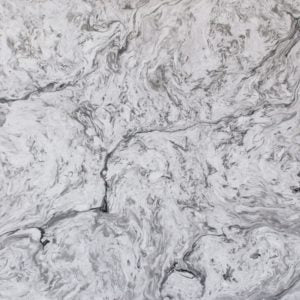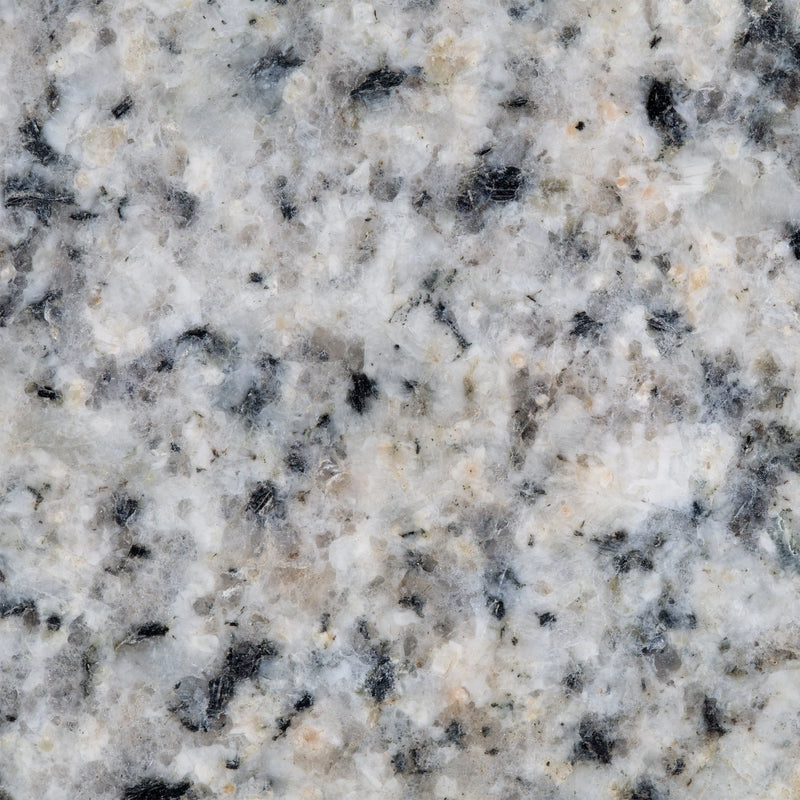Title: Weighing the Pros and Cons of Quartz: Is it the Right Choice for You?
Introduction:
Quartz countertops have gained immense popularity in recent years, becoming a top choice for homeowners and designers alike. With its durability, versatility, and aesthetic appeal, quartz has become a go-to option for kitchen and bathroom surfaces. However, like any other material, quartz also has its own set of pros and cons that should be considered before making a decision. In this blog post, we will explore the advantages and disadvantages of quartz countertops to help you determine if it's the right choice for your home.
Pros of Quartz Countertops:
1. Durability: Quartz countertops are engineered to be highly durable and resistant to scratches, stains, and heat. They are made by combining natural quartz crystals with resins, resulting in a non-porous surface that is less prone to damage compared to natural stone countertops.
2. Low Maintenance: Unlike natural stone countertops such as granite or marble, quartz countertops do not require sealing or regular maintenance. They are easy to clean with mild soap and water, making them a convenient option for busy households.
3. Wide Range of Colors and Patterns: Quartz countertops offer a wide variety of colors and patterns to choose from, allowing you to find the perfect match for your kitchen or bathroom design. Whether you prefer a classic and timeless look or a bold and modern aesthetic, there is a quartz countertop option to suit your style.
4. Hygienic Surface: Quartz countertops are non-porous, which means they do not harbor bacteria or viruses. This makes them a hygienic choice for food preparation areas, reducing the risk of cross-contamination and ensuring a clean and safe environment.
Cons of Quartz Countertops:
1. Price: Quartz countertops tend to be more expensive than other countertop materials, such as laminate or tile. The cost can vary depending on the brand, color, and thickness of the slab. While the initial investment may be higher, many homeowners consider the long-term benefits and durability of quartz countertops to be worth the price.
2. Susceptible to Heat Damage: Although quartz countertops are heat-resistant to a certain extent, extreme heat can cause discoloration or even lead to cracking. It is important to use trivets or hot pads to protect the surface from direct contact with hot pots, pans, or appliances.
3. Limited Resistance to UV Rays: Prolonged exposure to direct sunlight can cause the color of quartz countertops to fade over time. This can be a concern for areas with large windows or outdoor kitchens. It is advisable to use window treatments or UV-protective coatings to minimize the impact of UV rays.
4. Not Completely Natural: While quartz countertops are made with natural quartz crystals, they are engineered products that contain resins and pigments. Some homeowners may prefer the authenticity and uniqueness of natural stone countertops over the uniformity of quartz.
Conclusion:
Quartz countertops offer numerous benefits, including durability, low maintenance, and a wide range of design options. However, they also come with a few drawbacks, such as the higher cost and potential susceptibility to heat and UV damage. By considering the pros and cons discussed in this blog post, you can make an informed decision about whether quartz countertops are the right choice for your home. Remember to evaluate your needs, budget, and personal preferences to find the perfect countertop material that suits your lifestyle and design vision.



